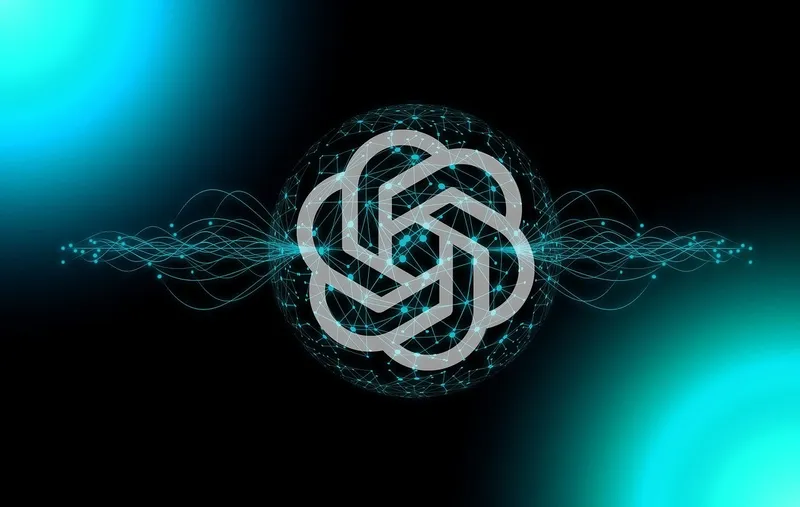Everything you want to know about Sam Altman, the man behind the AI revolution
With the rise of AI technology, ChatGPT creator Sam Altman has gained massive popularity. Here’s everything you want to know about the CEO of OpenAI.
Sam Altman is an American entrepreneur, programmer, and investor, who co-founded San Francisco-based AI research and deployment company, .
Before launching OpenAI, Altman, also known as the man behind the AI revolution, founded a location-based social networking platform called Loopt in 2009. The firm was acquired by Green Dot Corporation in 2012 for $43.4 million.
Born in Chicago, Illinois, Altman completed his schooling from John Burroughs School in St. Louis, Missouri. He then joined Stanford University in 2005 for a degree in computer science, but dropped out a year later.
Altman was also the president of Y Combinator in 2014, before joining OpenAI in 2015. He was the CEO of Reddit in 2014 for around eight days. He is also an investor in technology startups and nuclear energy companies. Some of his portfolio companies include Airbnb, Stripe, Reddit, Pinterest, and others.
Altman started OpenAI along with Tesla and Twitter owner Elon Musk, LinkedIn Co-founder Reid Hoffman, and Peter Thiel. Musk left the firm in 2018 after he shared his disagreement on the direction of OpenAI’s work.
Currently, OpenAI is valued at $29 billion, but Altman has no equity stake in the company.
Altman was named one of the 100 most influential people in the world by Time magazine this year. He was also named as one of the top investors under 30 by Forbes magazine in 2015.
Launching OpenAI

OpenAI was founded in 2015 by Greg Brockman, Trevor Blackwell, Ilya Sutskever, Vicki Cheung, Andrej Karpathy, John Schulman, Durk Kingma, Jessica Livingston, Wojciech Zaremba, Pamela Vagata, with initial board members Sam Altman and Elon Musk.
The company was created amidst the rising concerns of misuse of general-purpose AI. So, the firm decided to work on producing safe AGI, which will benefit humanity and is also open to collaborating with individuals and research organisations.
In December 2015, Altman, Greg Brockman, Jessica Livingston, Reid Hoffman, Peter Thiel, and Elon Musk along with Amazon Web Services (AWS), Infosys, and YC Research invested $1 billion in this venture.
In its initial days, OpenAI focused on developing machine learning tools and artificial intelligence for video games. Later, the firm launched an open-source toolkit named “OpenAI Gym” for reinforcement learning research.
Microsoft soon partnered with OpenAI in 2019 and invested $1 billion to work on AGI (artificial general intelligence). This was also the year when OpenAI announced it was shifting from being a non-profit to a for-profit.
After researching AI development, OpenAI launched “Dall-E”, a generative AI model, and officially released ChatGPT in November 2022. Currently, Greg Brockman, Ilya Sutskever, Mira Murati, and Brad Lightcap along with Sam Altman are key employees in this firm.
ChatGPT and AI revolution
Altman launched a smart chatbot that uses natural language processing (NLP) in November 2022. But the AI bot gained massive popularity after Microsoft decided to invest in OpenAI.
At the Microsoft Build 2023 event, Satya Nadella, CEO of Microsoft, introduced the launching of several AI-powered features, Bing and ChatPGT integration, etc.
Collaboration of Indian companies and AI
As AI technology and AI-backed products started gaining traction, Indian companies and startups have jumped on the bandwagon.
According to Stanford University's AI Index report, India ranks in the 5th position when it comes to investment in AI companies.
Recently, Altman sparked a debate when he remarked on India’s attempt to make a ChatGPT-like model to be “hopeless”. However, he later clarified in a tweet saying his statement was taken out of context and misconstrued.







